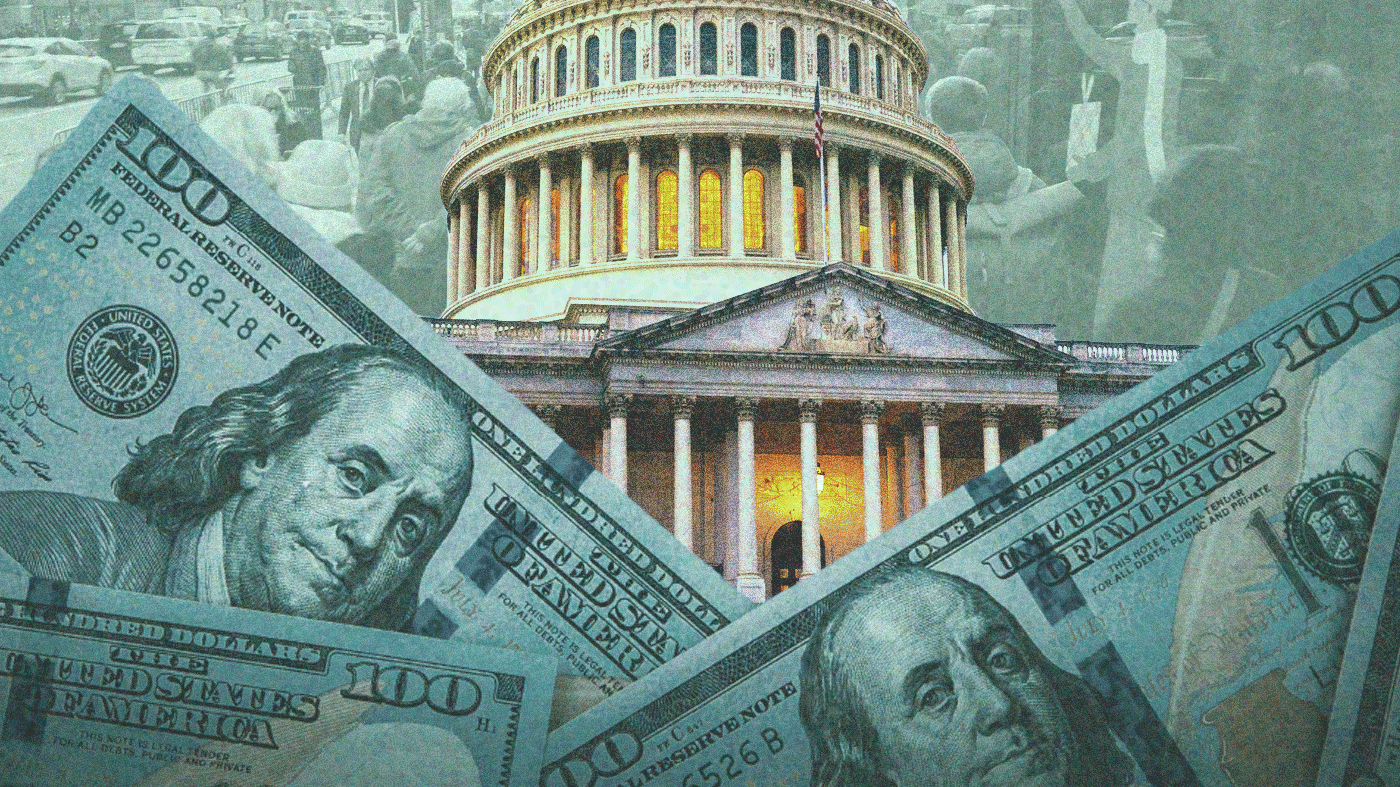
On June 1st, 2023, the United States of America made a significant move by suspending its debt ceiling, effectively averting a potential default. This decision comes after much anticipation and a lengthy debate on the consequences of failing to raise the debt ceiling. While this move may provide temporary relief, it’s essential to recognize the profound implications it carries for the nation’s economy and global financial stability.
The Debt Ceiling: A Brief Overview
The debt ceiling is a legal limit set by the United States Congress on the amount of money the government can borrow to fulfill its financial obligations. This includes various expenditures such as salaries, military expenses, social security, Medicare, interest on the national debt, and tax refunds. Traditionally, Congress must vote to increase or suspend the debt ceiling periodically to allow for additional borrowing.
The Current Situation
Failure to reach an agreement between Democrats and Republicans on raising the debt ceiling could have resulted in the world’s economy defaulting on its $31.4 trillion debt. The deadline for reaching an agreement was approaching rapidly, leading to concerns about the potential consequences of a default.
Potential Consequences of a Default
Experts warned that a default would have severe repercussions, making the global financial crisis of 2008 seem mild in comparison. Without an increase in the debt ceiling, the U.S would have been unable to borrow additional funds, leading to a halt in welfare payments and support, impacting people’s ability to spend and pay bills. This would have ultimately affected the overall economy and could have pushed the U.S into a recession.
Role of Digital Currencies
Amidst these uncertainties, digital currencies like Bitcoin and Central Bank Digital Currencies (CBDCs) have emerged as potential solutions. CBDCs are designed to provide increased resilience, safety, availability, and cost-effectiveness compared to private digital money, including volatile cryptocurrencies.
The Future Outlook
While the U.S has suspended its debt ceiling for now, concerns about the nation’s increasing debt-to-GDP ratio and spending habits remain. The road ahead may be challenging, but it also presents opportunities for innovation and progress. As policymakers and individuals navigate these uncertainties, informed discussions and decision-making will be crucial to shaping the future of the U.S economy and the role of digital currencies.
In conclusion, while the suspension of the U.S debt ceiling may have averted an immediate crisis, the long-term implications and challenges persist. By understanding the complexities of these issues and exploring innovative solutions, we can work towards building a more resilient and sustainable financial system for the future.



